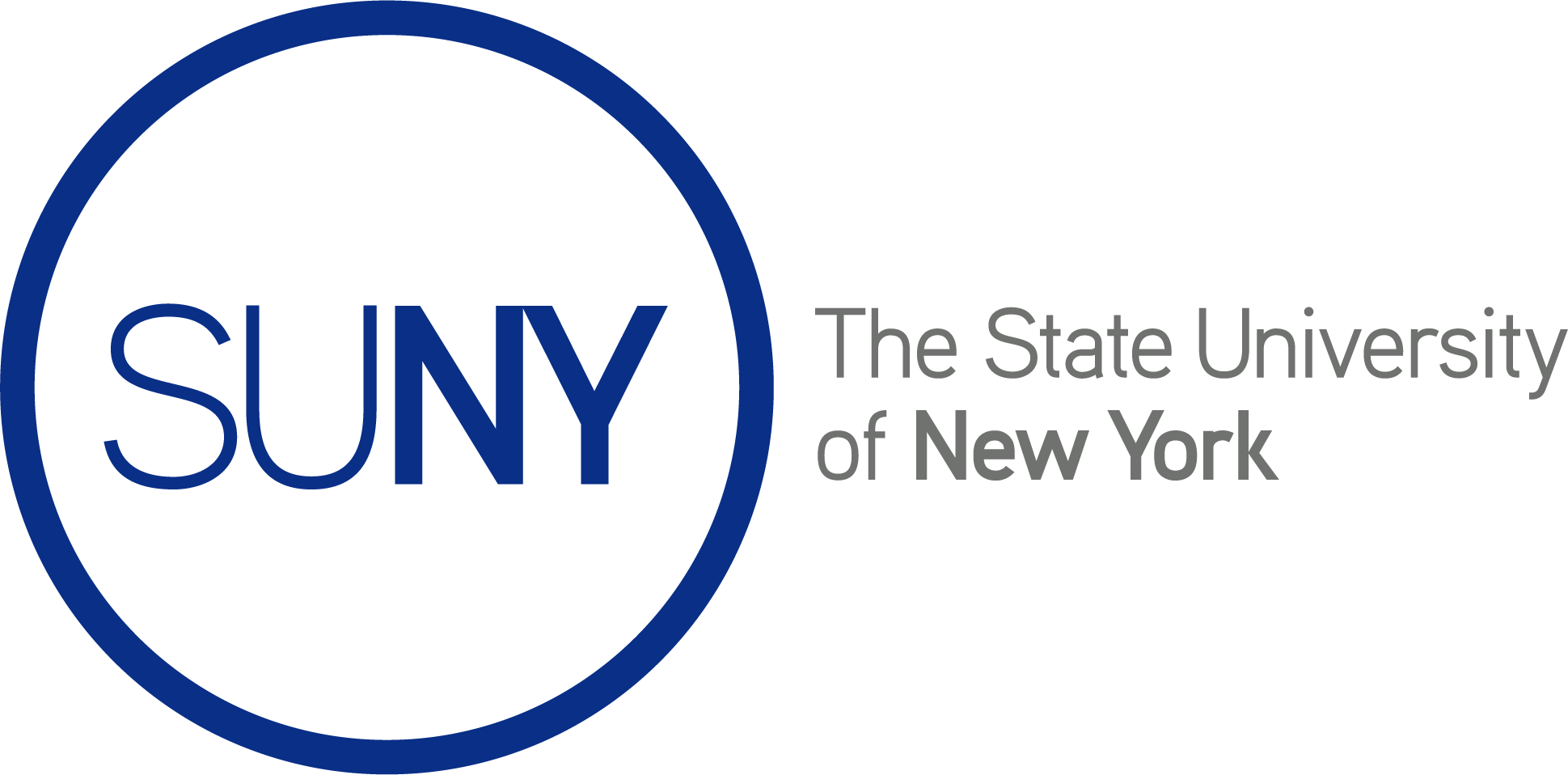To better understand academic capitalism, we must first grasp the basics of capitalism. Capitalism is described as an economic system in which “private actors own and control property in accord with their interests, and demand and supply freely set prices in markets in a way that can serve the best interests of society” (imf.org). Private individuals may or may not be restrained with how much control they have over investing, producing, and selling. Capitalism is also known as a market economy, in which consumers direct the flow of supply and demand. Basically, when discussing capitalism, there are two key points to remember:
- The market itself is an entity that defines the movement of money based on how individuals and businesses interact with the market. This is called supply and demand.
- The pure motivation of capitalism’s existence is to make a profit.
This second point is especially important, as it controls how success is defined in a capitalist society. The current lens of how we view success is clouded in terms such as “profit margins” and “surplus.” However, have we ever really considered who actually defined this? What makes billioniares such as Elon Musk and Jeff Bezos more successful than you? Money.
Even if you have attained every goal you have set for yourself and you live in a constant state of happiness, you will never be seen as successful as the elite 1%.
This second point also defines the aim of everything in society. Corporations will do anything they can to make a profit, even if it comes at the cost of exploiting workers. Now, we see how this exploitation has transferred into higher-education.
Academic capitalism is a branch of capitalism that describes how higher-education has taken on market-like behaviors in the pursuit of profit. This includes seeing students as human capital to invest in and knowledge as a commodity to be bought and sold. Additionally, there is a widespread expectation for students to immediately go to college after graduating high school in order to prepare for a career in the quote-on-quote “real world.” However, this expectation to participate in higher-education ignores the problems academic capitalism poses by increasing costs of tuition and decreasing accessibility to necessary skill sets. All in all, this denies the needs of the already ignored marginalized communities.
Capitalism itself lacks the intersectional lens necessary to exist in a thriving society today. It rewards the already rich and punishes the “unsuccessful” minorities. As it pushes farther and farther into education, we lose traction of the reason education was put in place in the first place: to encourage new ways of thinking and advancement of some of our most treasured members of society, the next generation. Especially when our world is plagued with climate change, the COVID-19 pandemic, and systemic macroaggressions, we need to combat the way academic capitalism forces us to think about the world.


